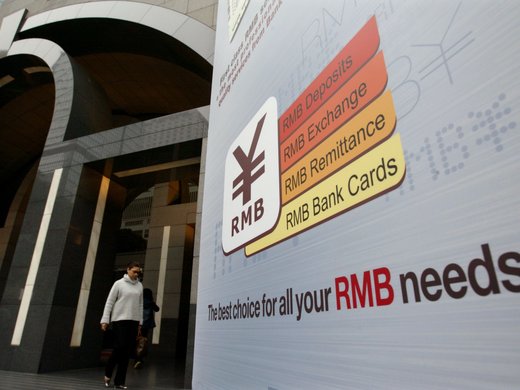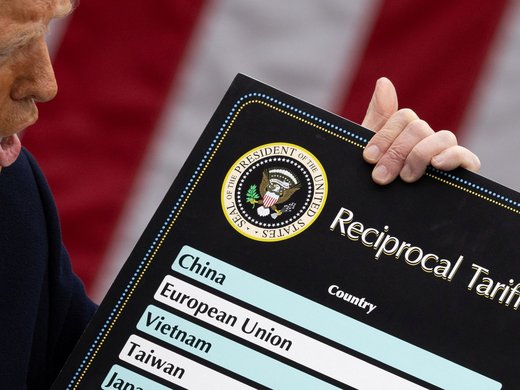International trade expert Thomas Cottier will deliver a CIGI Speaker Series lecture on the current role of the World Trade Organization (WTO) and its relationship to preferential trade agreements later this evening. In advance of that event, we caught up with Cottier, a professor emeritus of law at the University of Bern and the former managing director of the World Trade Institute, to discuss historical context of the WTO and what a vision for the WTO's future could be.
CIGI: The WTO has faced tough criticism over missed deadlines and failed negotiations in recent years. How did the WTO end up in somewhat of a systemic crisis?
Thomas Cottier: I think the crisis reflects the fact that we’re not making progress in negotiations and trade negotiations move into other fora, like the Trans-Pacific Partnership (TPP) or the Comprehensive Economic and Trade Agreement (CETA) with the European Union. And that, of course, reflects the geopolitical changes that took place with China playing a very different role here.
But the forum-shifting should not distract from the fact that the WTO continues to play a very important role, particularly in the field of dispute settlement and all the nitty-gritty law — the case law etcetera — that we have in international trade is essentially informed by a very substantial case law. So the WTO assumes the role of a world court for international trade, which also then informs the law in these more special, preferential trade agreements.
I’ll talk about this dichotomy of realities and perceptions [during my lecture this evening]. I think the public is not sufficiently aware of the importance and is simply informed by the lack of progress we make in negotiations there.
CIGI: What’s the relationship between a preferential trade agreement, such as the TPP, and the WTO?
Cottier: The TPP essentially builds upon WTO law. It takes the concepts, the chapters etcetera. It has a few additional chapters on labour and environment, but essentially it’s an agreement that builds upon this foundation of WTO law.
At the same time, it’s not well coordinated. It’s done separately and we run a serious risk of fragmentation given by the fact that subsequent disputes on the WTO will not have jurisdiction to look into these agreements and the provisions and vice versa. A panel under these agreements has no jurisdiction to look into WTO matters. So the way things are set up at the moment entails the risk that these things will end up in fragmentation, which is not a good thing.
CIGI: What does a future-looking approach for the WTO look like?
Cottier: I think you have to look at this in an historical context. Trade rules always evolved in a dialectical process from bilateral to multilateral rules. Normally, multilateral rules emerged when there was a critical mass — you had enough bilateral agreements and then you would consolidate that.
That was the case with intellectual property in the nineteenth century. It was with the General Agreement on Tariffs and Trade in the twentieth century. And I’m quite confident that we will see the same thing in the long run. That the critical mass of the TTP and the Transatlantic Trade and Investment Partnership will actually inform future negotiations in the WTO and will multilaterialize these commitments. And also then try to overcome the fragmentation in which we will suffer in the next 20 years or so.
CIGI: What’s important for the general public to keep in mind as the WTO evolves in the coming years?
Cottier: I think the public in general should keep in mind that there are some issues that we can only negotiate within the WTO, and which are not dealt with in preferential trade agreements. And that is, in particular, issues of subsidies.
For example, of course, everybody knows about agriculture subsidies. But in the future (?) we’ll have energy subsidies. Huge amounts of subsidies in that field. We’ll have upcoming issues like subsidizing airlines, which has a distorting effect. So we need to develop the subsidy disciplines for services, which we haven’t done so. Issues of competition policy? They will need to be dealt within the WTO. They cannot really be dealt with bilaterally in a successful way.
So we need to identify areas where the work should focus on a post-Doha agenda, which now needs to be developed. So there are some points which need to be done in the multilateral forum, number one. And second, people should not forget that the WTO is and will remain the prime instrument for dispute resolution.
For more on this topic, register for a free webcast of Cottier's lecture on Wednesday February 3, 2016 at 7 p.m. ET.


